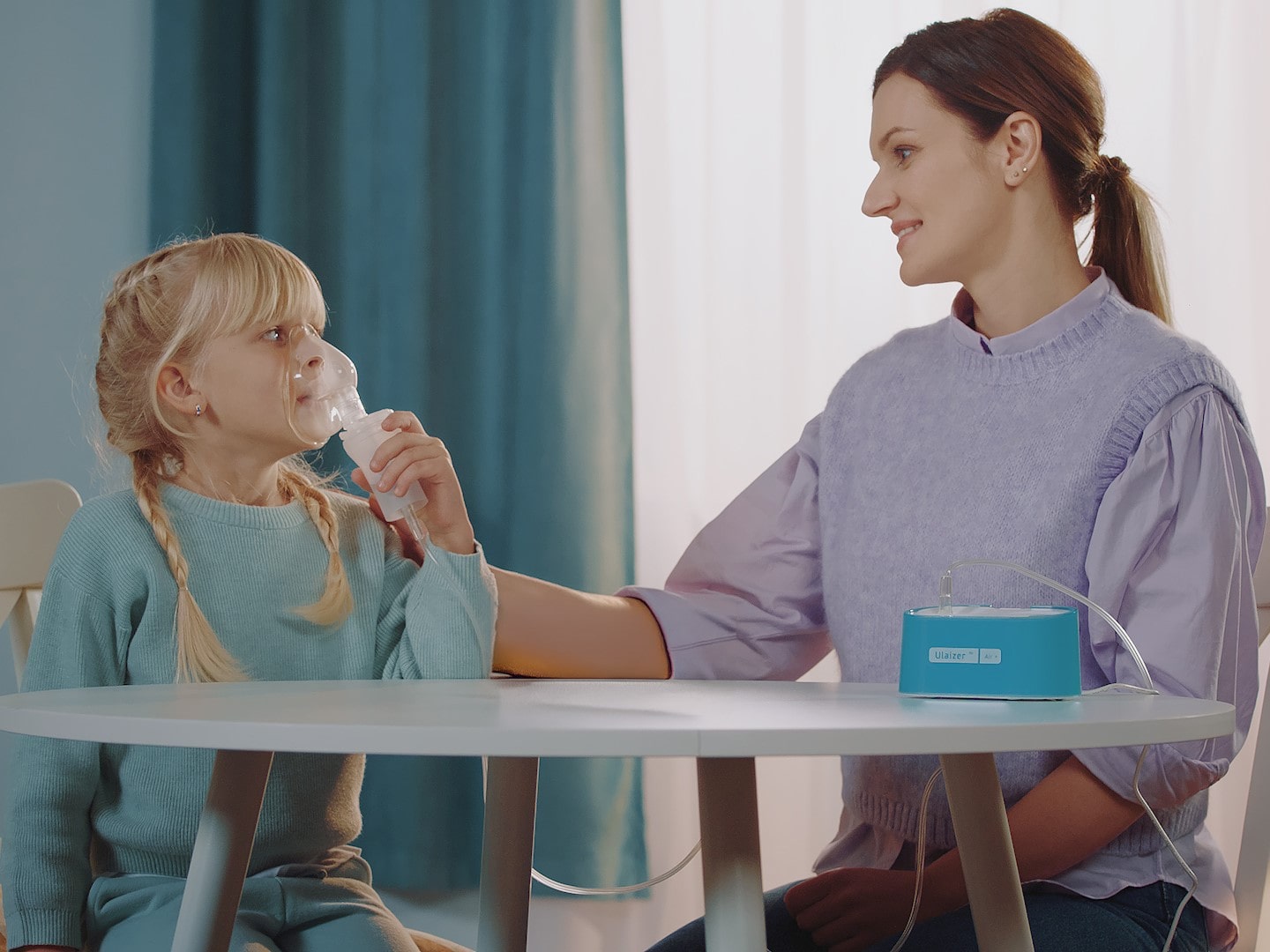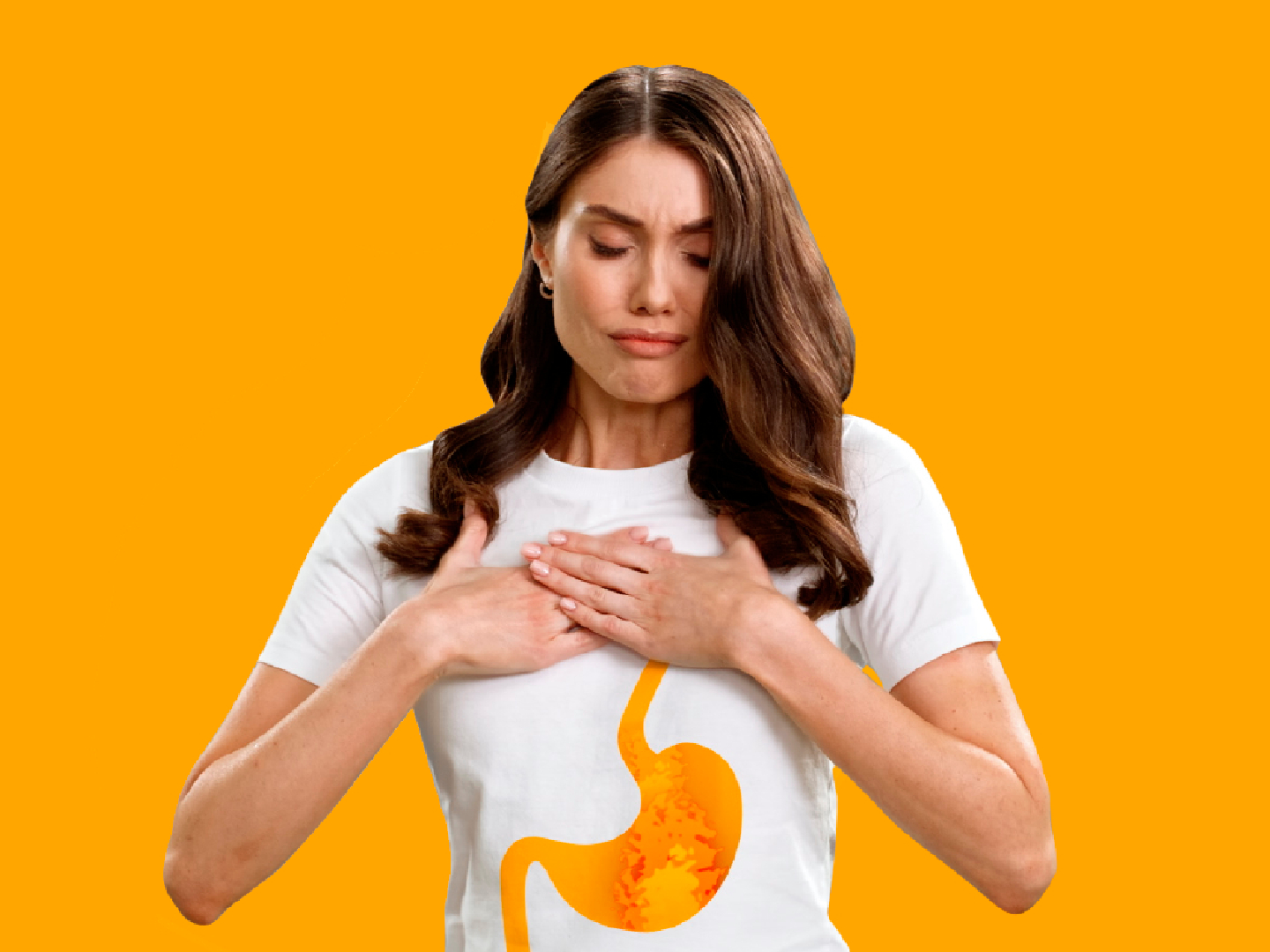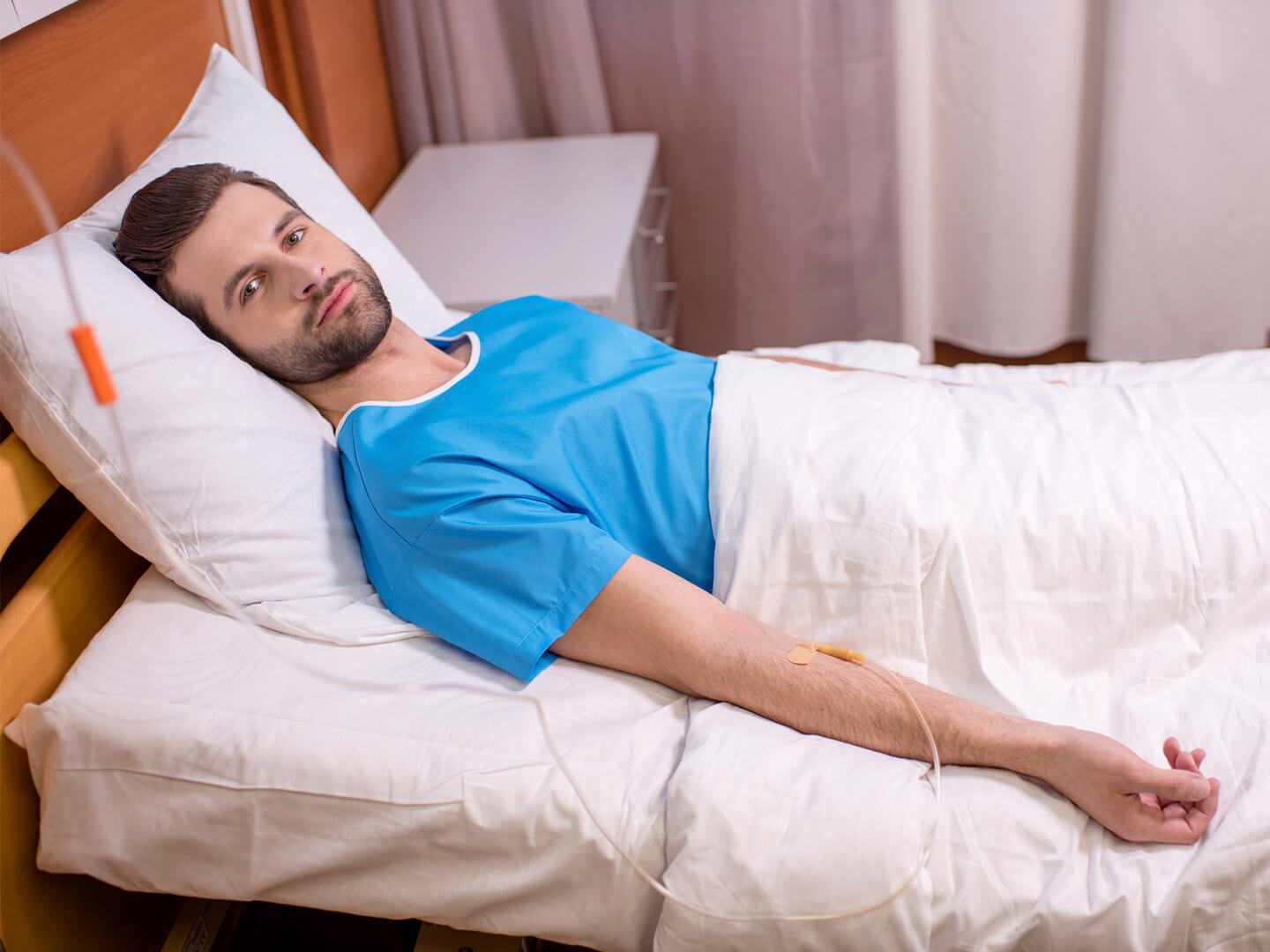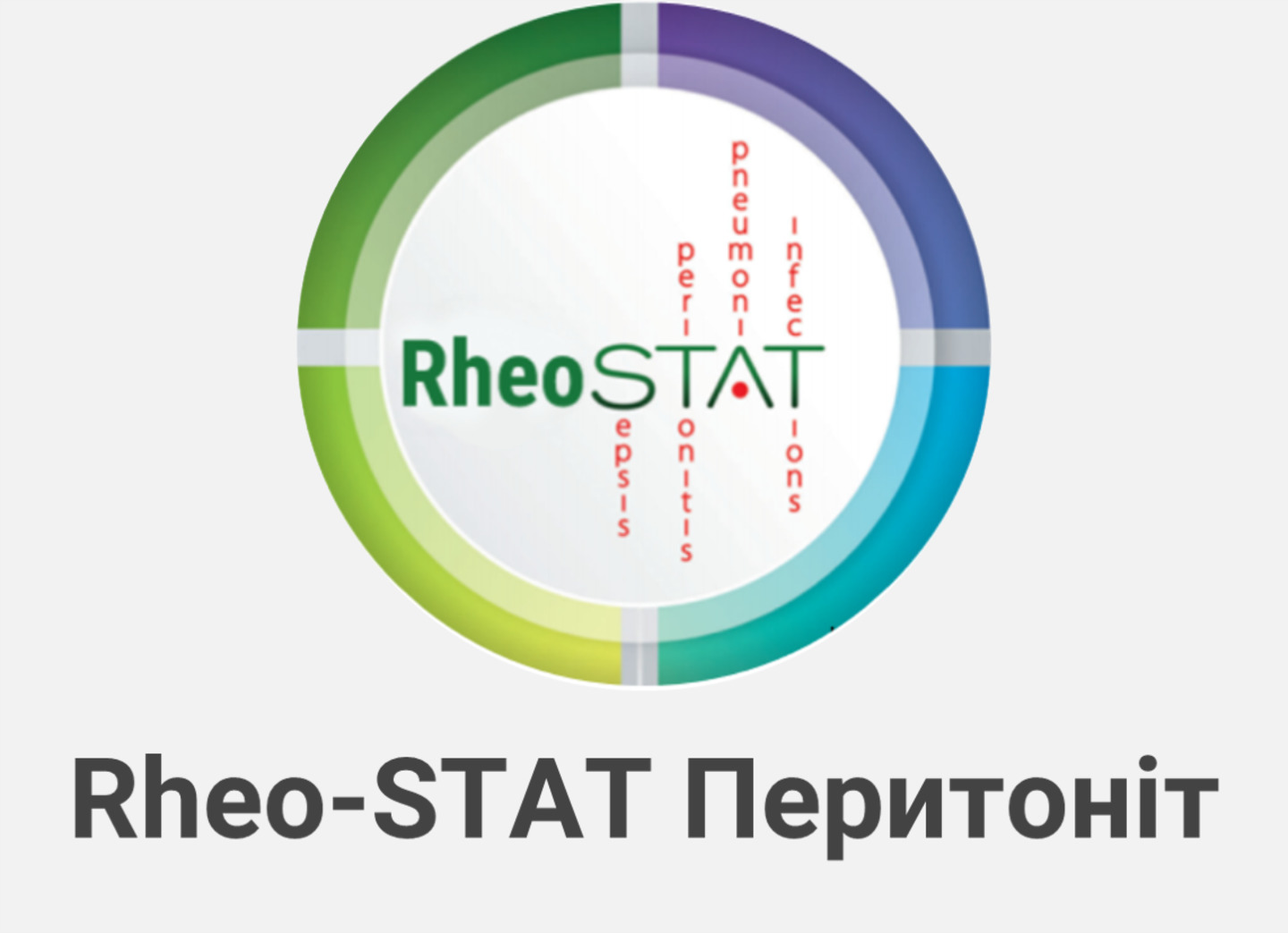Effective antibiotic therapy of complicated urinary tract infections
Bogomolets National Medical University, Kiev.
Summary. The article presents data from a study on the clinical and bacteriological efficacy and safety of Brakson (tobramycin) in the treatment of complicated urinary tract infections. The results demonstrated the feasibility of the administration of this antibacterial drug in patients with complicated urinary tract infections. According to laboratory tests of antimicrobial activity of Brakson, its efficiency is 87%. Also a high level of safety of Brakson (93.3%) has been shown. This allows us to recommend the use of Brakson in complicated urinary tract infections as monotherapy.
Complicated urinary tract infections (UTIs) are infections occurring on the background of structural or functional disorders of kidneys and urinary tracts, or on the background of concomitant conditions affecting the defense mechanisms of a macroorganism and increasing the risks of development of an infection or treatment inefficiency. Complicated UTIs may be caused by a broad range of microorganisms. This range is much broader than in non-complicated UTIs, furthermore, there is a higher probability of the fact that the pathogens will be more resistant to antibiotic drugs, especially in complicated UTIs, related to treatment [1, 10].
Factors leading to complicated UTIs:
− presence of a long term catheter or a stent (an urethral, ureteral or renal one), or a periodic bladder catheterization;
− residual urine volume > 100 ml;
− obstructive uropathy of any etiology, for example, infravesicular obstruction (including a neurogenic bladder), stones and tumors;
− vesicoureteral reflux, or other functional disorders;
− restorative operations on urinary tracts with the use of an ileum segment or creation of a conduit;
− chemical or radiation injury of the uroepithelium;
− peri- and postoperative UTI;
− renal insufficiency and kidney transplantation, diabetes mellitus and immunodeficiency states [7].






